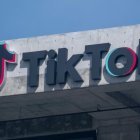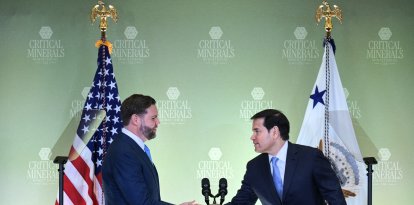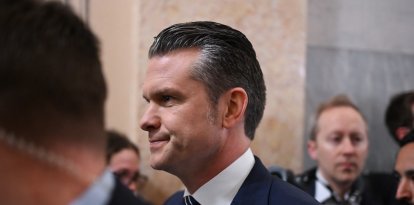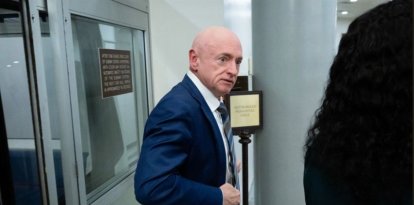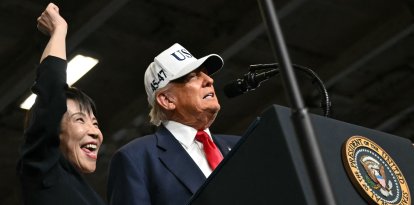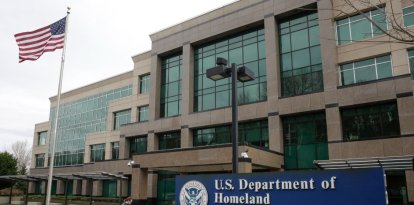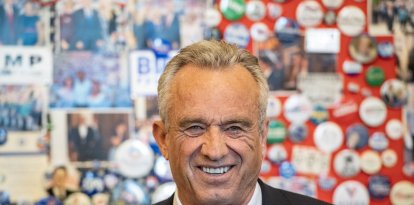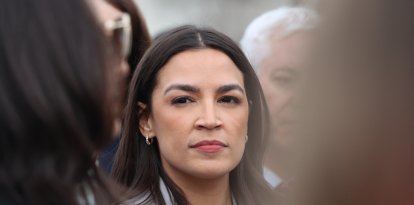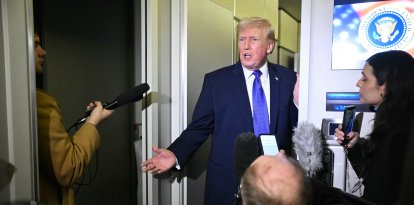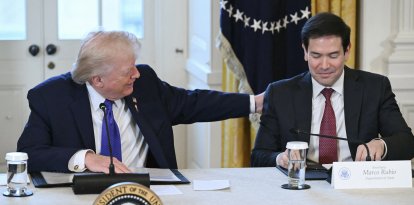Donald Trump met with TikTok CEO as the Chinese app struggles to survive in the US
The president-elect promised to "save" the app during his presidential campaign, though he also sought to ban it during his first term.
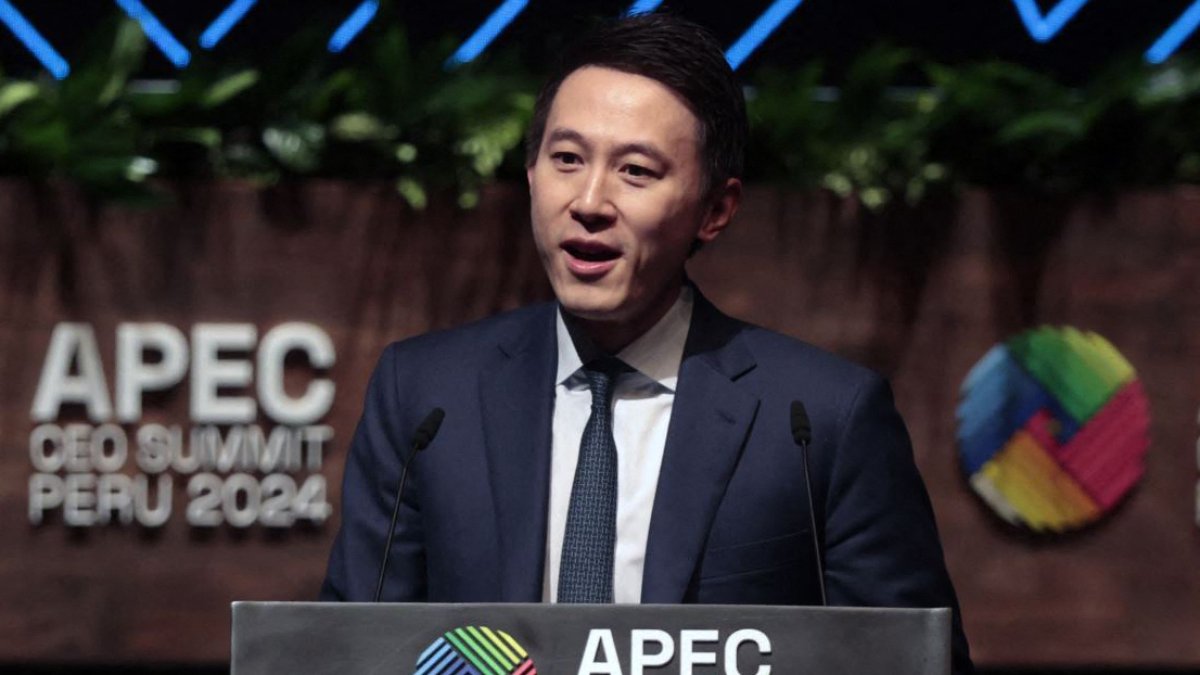
Chew previously participated in congressional hearings on TikTok/ Andina.
Donald Trump met at Mar-a-Lago with Shou Chew, CEO of TikTok. After meeting with Mark Zuckerberg of Meta and Tim Cook of Apple in recent weeks, the president-elect hosted Chew as the Chinese app struggles to survive in the United States.
The meeting came just days after the U.S. Court of Appeals for the District of Columbia Circuit ruled that the law, recently passed by Congress requiring TikTok to sever ties with its parent company ByteDance or it will be banned in the U.S., is constitutional. The deadline to sell the company will expire January 19, 2025.
The company argued in court that the legislation passed in April by both houses of Congress and enacted by Joe Biden violated the First Amendment, a view shared by Elon Musk.
"The First Amendment exists to protect free speech in the United States. Here the Government acted solely to protect that freedom from a foreign adversary nation and to limit that adversary’s ability to gather data on people in the United States," the court wrote in its ruling.
However, TikTok announced Monday that it will go all the way to the Supreme Court to try to prevent the ban on U.S. soil. Specifically, the app is asking the country's highest court to act by Jan. 6 to stay the appeals court ruling.
"The Act will shutter one of America’s most popular speech platforms the day before a presidential inauguration. This, in turn, will silence the speech of Applicants and the many Americans who use the platform to communicate about politics, commerce, arts, and other matters of public concern," TikTok's lawyers wrote in their filing.
What does Trump think about TikTok?
On the potential ban, Trump on Monday expressed some sympathy for the app. "You know, I have a special place in my heart for TikTok. I beat the young people by 34 points. And there are those who say TikTok has something to do with that," he expressed.
In turn, in the presidential campaign he promised to "save" the app. "For all of those who want to save TikTok in America, vote for Trump. The other side is closing it up, but I’m now a big star on TikTok," he posted in September on his Truth Social account.
This stance is a far cry from the one he held in 2020 during his first term. Indeed, he tried to ban the app in July 2020, but was stopped by the courts.
The ban dictated by the law enacted by Biden would go into effect next January 19, just one day before Trump's inauguration as the new president.
What does the legislation say?
The legislation passed by Congress basically forces ByteDance, TikTok's parent company, to sell the app within nine months. Otherwise, it will be officially banned in the United States.
Should ByteDance fail to find a buyer (or be unwilling to do so) within the time frame, it will be "unlawful for any entity to distribute, maintain or update" the app. That is, no person in the United States will be able to download or update TikTok from app stores such as the Apple App Store and Google Play Store.
In summary, TikTok will safely have nine more months of life in the United States. That means that for 2024 you'll still be able to log in to the app without a problem, and there's a chance it could stick around if the company finds a buyer.
"Congress is not acting to punish ByteDance, TikTok or any other individual company. Congress is acting to prevent foreign adversaries from conducting espionage, surveillance, maligned operations, harming vulnerable Americans, our servicemen and women, and our U.S. government personnel," Maria Cantwell (D-WA), chairwoman of the Senate Commerce Committee, said of the law.
President Biden already signed into law in 2022 the Ban TikTok on Government Devices Act, originally introduced by Senator Josh Hawley (R-MO). As the name implies, this legislation prohibits the use of the aforementioned app on all Federal Government devices.





